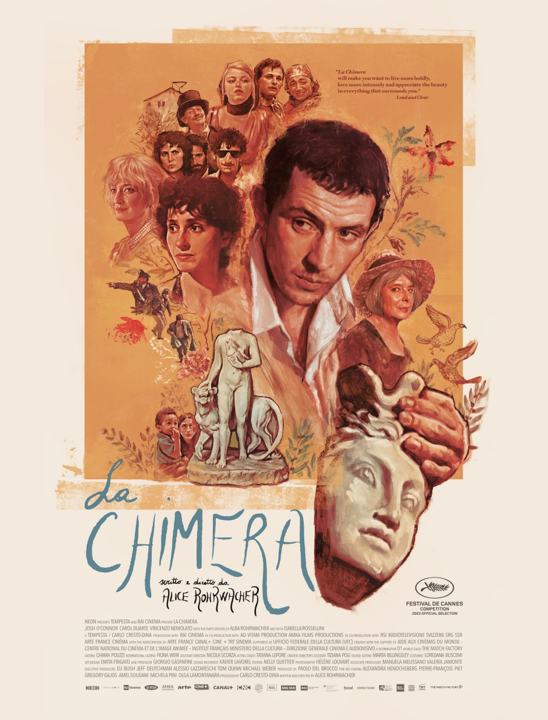




| Director | Stéphane Brizé |
|---|---|
| Country | France |
| Year | 2015 |
The Measure of a Man, directed and co-written by Stéphane Brizé, premiered in the main competition at Cannes 2015, where Vincent Lindon won the Best Actor award and the film received a Special Mention from the Ecumenical Jury. Set against the stark reality of post-industrial France, the film foregrounds the anonymity and moral conflicts of marginalised blue-collar workers rather than cinematic glamour. Its austere realism and emotional subtlety echo the ethos of social-realist masters, positioning Brizé as a civic-minded auteur. The film was later selected as France’s submission for Best Foreign Film at the 88th Academy Awards.
Thierry Taugourdeau (Vincent Lindon) is a middle-aged factory worker laid off after 18 months of fumbling with unemployment benefits and job retraining that yield little hope. Desperation mounting, he accepts a job as a security guard at a big-box supermarket. Initially, the role offers relief through routine and authority—but his brief is not merely to deter shoplifters; it's to monitor his colleagues, inspecting small infractions and reducing human relationships to ledger entries. Each surveillance cage forces Thierry to weigh ethical erosion against economic survival.
Vincent Lindon delivers a masterful portrayal of stoicism and inner anguish. His Toulouse-grown everyman is steeled by pride, moral rectitude, and the quiet terror of obsolescence—never preachy, always felt in the slightest glitch of expression. Lindon’s performance earned him Cannes’ Best Actor—an accolade that feels not just deserved, but vital in its understated truth.
Brizé does not grant the supporting characters arcs of their own. Instead, their roles—be they needy shoplifters or fellow cashiers—function as mirrors for Thierry’s escalating crisis of identity. That he is tasked with enforcing a system that destroyed him forms the crux of the performance’s moral bruising.
The film is a disquieting moral fable set in contemporary economic despair. It explores themes of surveillance, dignity, and the commodification of personhood. Thierry’s job is a cruel inversion: he is punished by the system and then asked to punish others for its failures.
Brizé’s tone is clear-eyed, neither sensational nor melodramatic. There’s no score manipulating emotion—just haunting restraint in labour exchanges, the length of a waiting room, the scratch of a cashier’s pen. The film suggests that moral collapse often occurs not in moments of grand drama, but in the banality of everyday survival.
Brizé favours long takes and static frames that emphasise emotional rupture beneath calm surfaces. A typical scene—Thierry dialling a number, watching a co-worker, pausing before pressing a button—feels charged not by what happens, but by what is deferred or denied. His Jungian palette—neutral offices, harsh fluorescents, the drab corporate karaoke of the big store—anchors us in claustrophobia.
Narratively, the film moves with the relentlessness of bureaucracy: consultations, job-centre visits, interviews that lead nowhere. This procedural rhythm reinforces the helplessness that undergirds every decision, culminating not in catharsis, but in moral reckoning.
In 2016, critics likened The Measure of a Man to Ken Loach’s I, Daniel Blake, noting both as indictments of post-industrial Europe's hollow welfare systems—but where Loach railed, Brizé studied. In today's climate, where precarious labour and surveillance creep into everyday life, Thierry’s dilemma remains urgent.
The film’s quiet dignity aligns it with a growing global cinema that addresses structural injustice—not by spectacle, but by watching a man struggle to reclaim his humanity. It reminds UK audiences that crisis isn’t only political; it is intimate.
The Measure of a Man is a moral excavation—less about economic systems and more about the fragile ground beneath one man’s dignity. Lindon’s Thierry stands not just for unemployed France, but for all of us when we are asked to betray ourselves for the sake of survival. Brizé's film is a study in quiet resistance and a reminder: sometimes the measure of a man is what he refuses to become.
In an effort to reduce our paper usage, we stopped offering printed copies of our popular Film Notes at our screenings.
Instead, we are encouraging our members to read the Film Notes online. For those who wish to do so, it is still possible to print these pages prior to the film.
Alternatively, if you want to read the notes just before or just after the film, and also minimise your paper consumption, then you can scan the QR code to your phone and then download the webpage.
